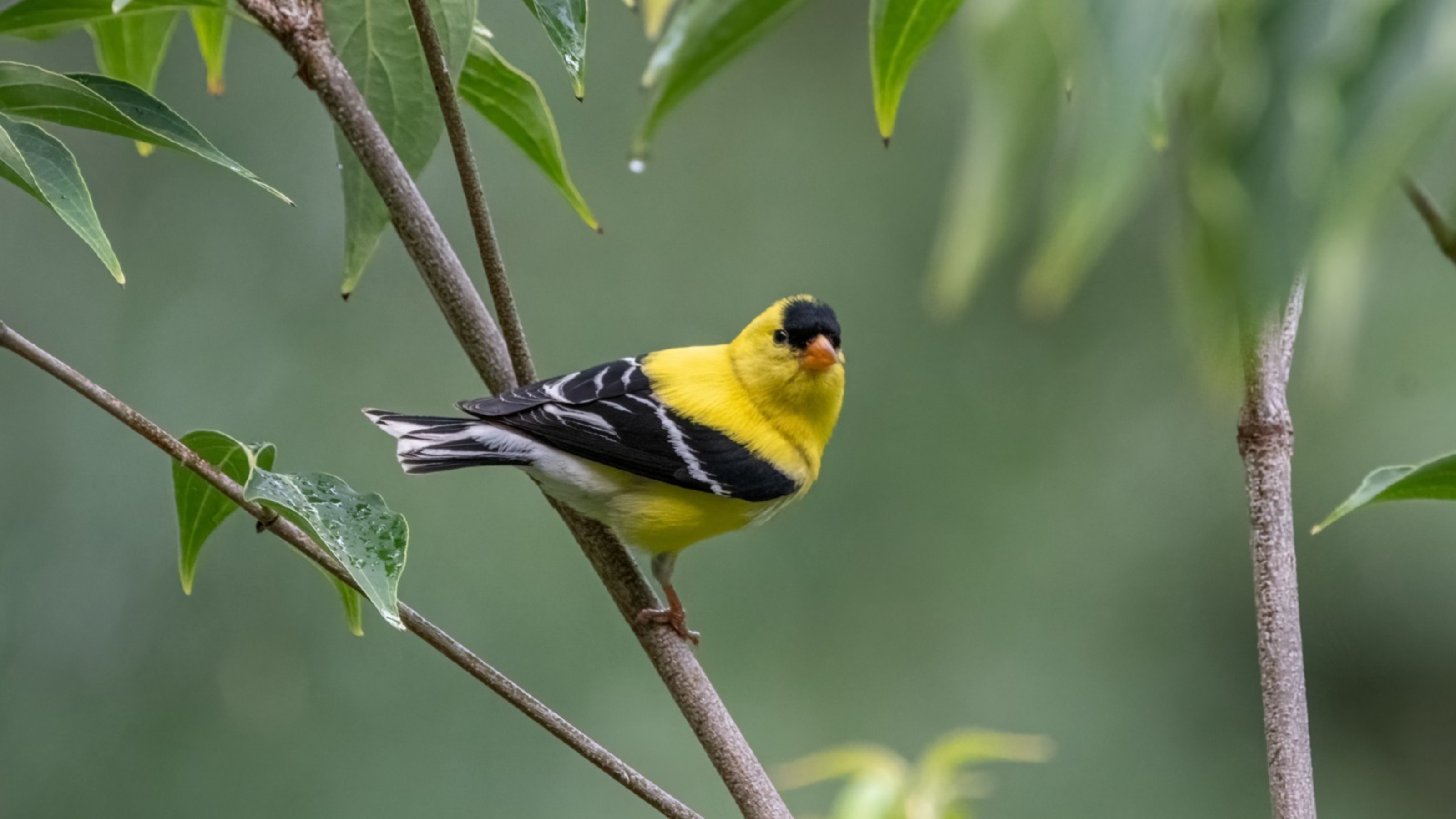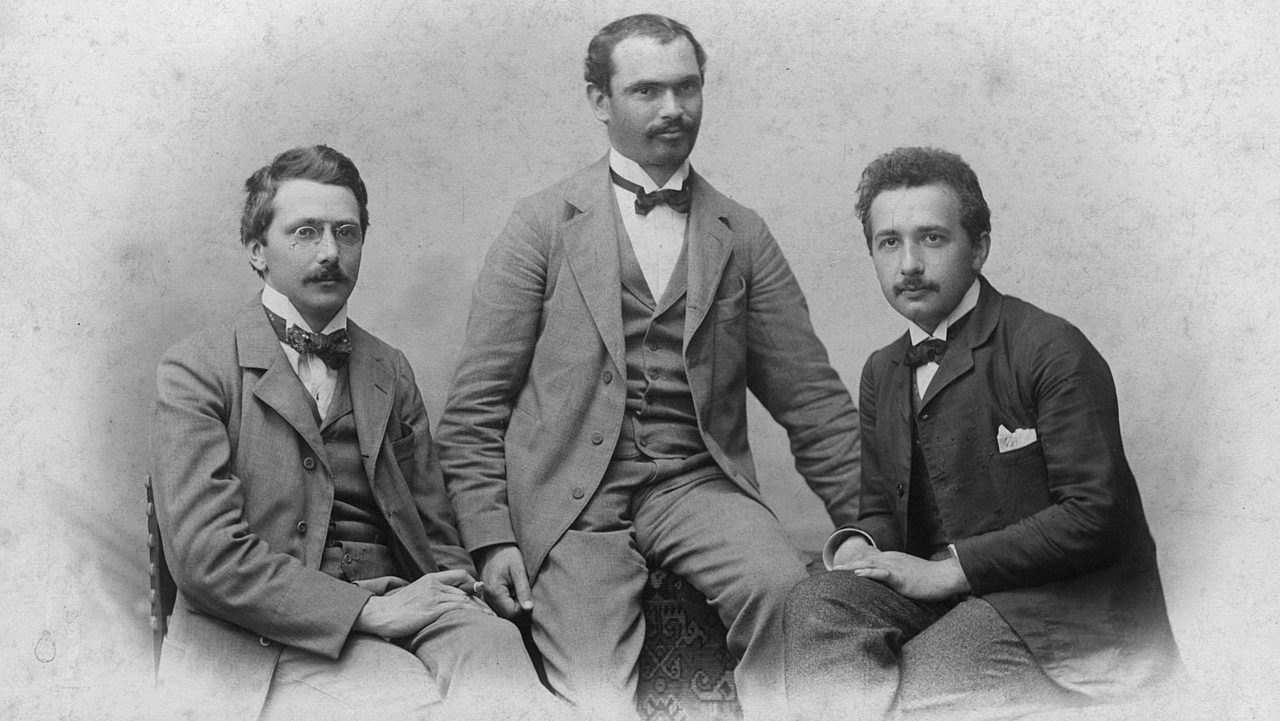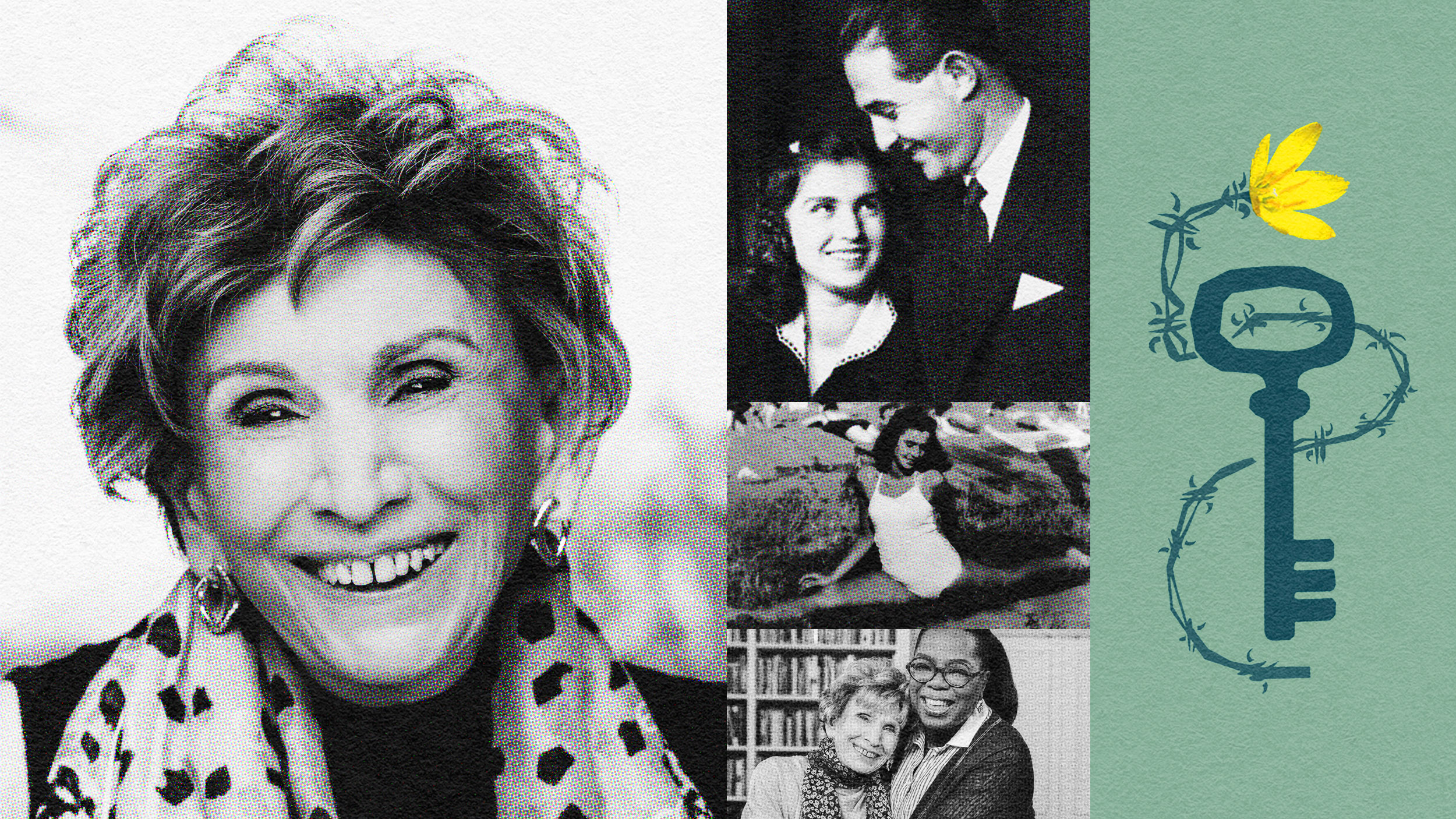Leon Botstein is a conductor and academic known for his innovative programs and interest in contemporary and neglected repertory. He was a violin student of Roman Totenberg and studied conducting with[…]
Sign up for the Smarter Faster newsletter
A weekly newsletter featuring the biggest ideas from the smartest people
The conductor was inspired to study music after his mother, a pianist, tragically lost her hearing.
Question: How did you first get interested in classical rnmusic?
Leon Botstein: Classical music was, as is rnalways the case in middle-class European Jewish homes, a requirement. rnEverybody sort of played an instrument. My mother was an amateur rnpianist. And the interesting part was that she was a physician. A very rndistinguished physician and she lost her hearing through a very strange rndisease where she lost hearing on both sides. The disease that Jonathan rnSwift had called Meniere’s. And it destroys the inner ear, so you lose rnnot only volume but pitch. And when I was a little boy, I have no real rnmemory of my mother ever hearing, so she lost her hearing gradually in rnfits and starts.
And the thing that was most tragic, it seemed rnto me as a child, was that she was no longer able to play. So I think rnthat was a kind of psychological motivator for me to study music. So rnthey were very encouraging and I started out on the piano then switched rnto the violin.
Question: What was your musical rntraining like?
Leon Botstein: Well, we started out inrn sort of varies of ignorant context. That is to say my parents knowing rnnobody, through some recommendation through other immigrants we ended uprn with an immigrant piano teacher and then I ended up with a violin rnteacher, again through recommendations and finally I was lucky. When I rnwas an adolescent, my grandparents live in Mexico City, and so I spent rnthe summers there and there was an immigrate German Austrian violin rnteacher who actually set me straight and through him I was then rnrecommended to my major teacher, Roman Totenberg, a very distinguished rnviolinist who is alive today at 99.
Fantastic violinist and rnfantastic teacher. So I studied with him for seven years. But then rnduring my late adolescent I already thought I wanted to be either a rncomposer or a conductor. So I tried my hand at composing and I didn’t rnwrite music that I found memorable myself. I was more interesting in rnother people’s music, so I then got interested in doing conducting. Thenrn when I was in college, I began to study and do conducting.
Leon Botstein: Classical music was, as is rnalways the case in middle-class European Jewish homes, a requirement. rnEverybody sort of played an instrument. My mother was an amateur rnpianist. And the interesting part was that she was a physician. A very rndistinguished physician and she lost her hearing through a very strange rndisease where she lost hearing on both sides. The disease that Jonathan rnSwift had called Meniere’s. And it destroys the inner ear, so you lose rnnot only volume but pitch. And when I was a little boy, I have no real rnmemory of my mother ever hearing, so she lost her hearing gradually in rnfits and starts.
And the thing that was most tragic, it seemed rnto me as a child, was that she was no longer able to play. So I think rnthat was a kind of psychological motivator for me to study music. So rnthey were very encouraging and I started out on the piano then switched rnto the violin.
Question: What was your musical rntraining like?
Leon Botstein: Well, we started out inrn sort of varies of ignorant context. That is to say my parents knowing rnnobody, through some recommendation through other immigrants we ended uprn with an immigrant piano teacher and then I ended up with a violin rnteacher, again through recommendations and finally I was lucky. When I rnwas an adolescent, my grandparents live in Mexico City, and so I spent rnthe summers there and there was an immigrate German Austrian violin rnteacher who actually set me straight and through him I was then rnrecommended to my major teacher, Roman Totenberg, a very distinguished rnviolinist who is alive today at 99.
Fantastic violinist and rnfantastic teacher. So I studied with him for seven years. But then rnduring my late adolescent I already thought I wanted to be either a rncomposer or a conductor. So I tried my hand at composing and I didn’t rnwrite music that I found memorable myself. I was more interesting in rnother people’s music, so I then got interested in doing conducting. Thenrn when I was in college, I began to study and do conducting.
Recorded on May 10, 2010
Interviewed by Jessica Liebman
Interviewed by Jessica Liebman
▸
42 min
—
with





